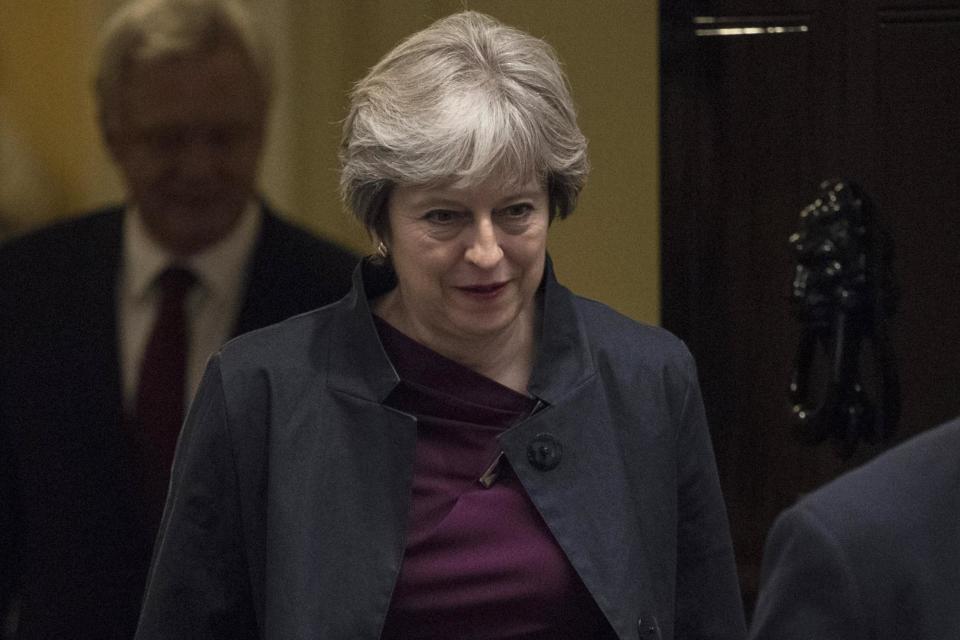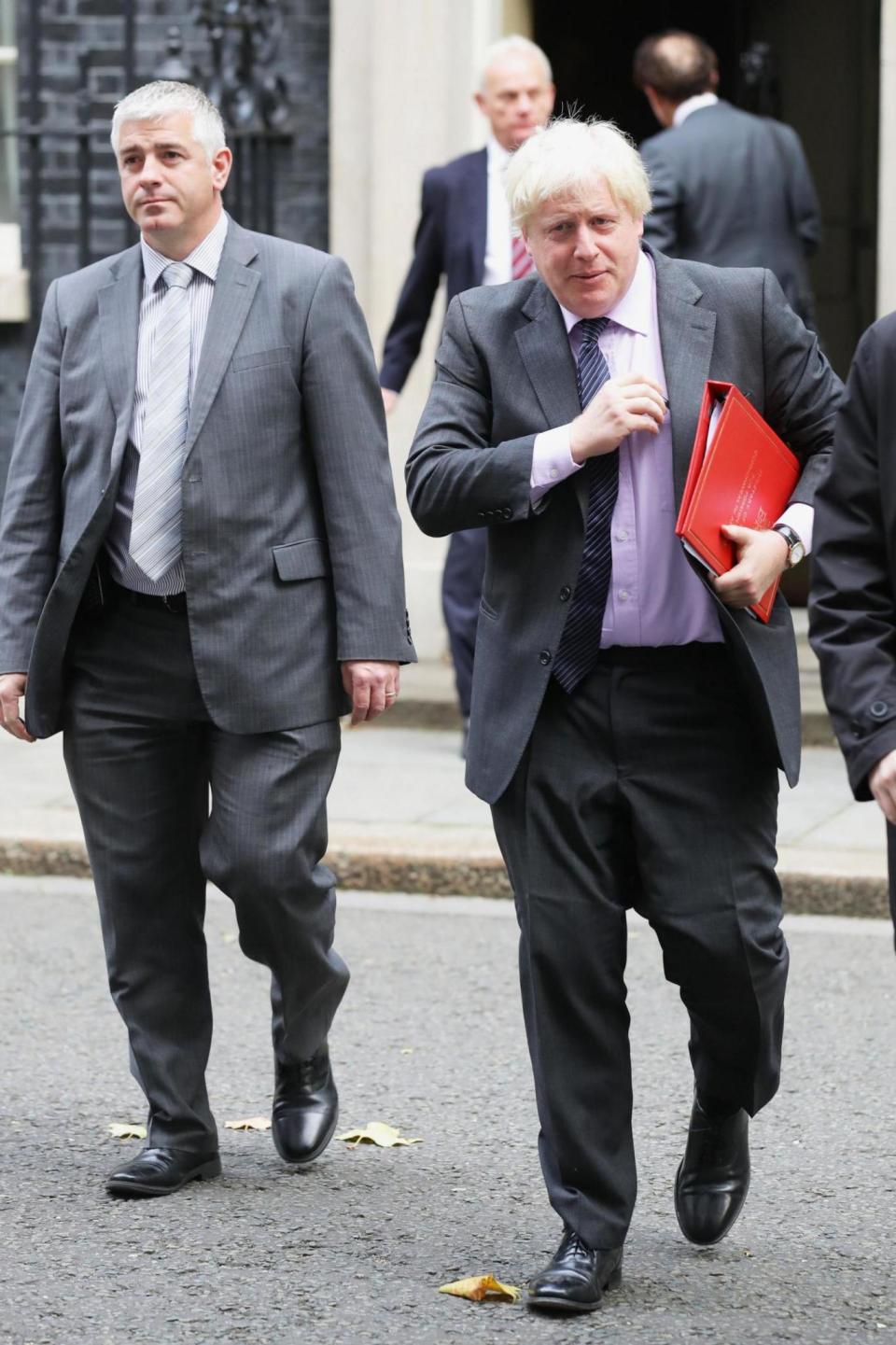Brexit latest: EU ministers slap down Theresa May's plea for early trade deal talks

EU ministers today slapped down Theresa May’s plea for early talks on a Brexit transition phase and a trade deal.
Instead of softening their stance over trade talks, they said a draft statement being prepared for the 27 other EU leaders was being toughened up.
“We try to go further but we are still on the same three issues,” said Belgian deputy prime minister Didier Reynders, adding that it was “too early” to move the talks on.
Danish foreign minister Anders Samuelsen added that the EU was waiting “for more precise definition” from London. On Friday, EU governments will formally respond to Mrs May’s request at a crucial summit, with France and Germany leading a group of countries taking the toughest line.
While EU leaders are likely to agree to begin “internal” discussions on transition, they will not agree to automatic trade talks with the UK in December unless more progress was made on all three divorce issues.

Money remains the biggest stumbling block, with the UK under pressure to raise its commitment to pay a share of the EU’s future bills. There are also divisions over EU and UK citizens’ rights and how to avoid a hard border in Northern Ireland.
The draft, which foreign and Europe ministers are discussing at a meeting in Luxembourg today, also says that the European Court of Justice should have a role in policing citizens’ rights.
However, Dutch foreign minister Bert Koenders threw an olive branch to UK negotiators, saying that while the EU was united, it was important to prepare for the “next stage” of talks.
“I think you really need this substantial progress, and then it is important that we already can prepare right now what could be the next stage,” Mr Koenders told reporters in Luxembourg. “I think that is important also for the United Kingdom. But we stick together as 27.”
A leading German politician who is close to Angela Merkel blamed Cabinet splits — and Boris Johnson in particular — for preventing an agreement. “I know there are internal problems,” said Michael Fuchs. “Whatever she is offering, Boris Johnson is saying it’s too much.”
Asked if the Foreign Secretary had too much influence, he said: “It seems to be pretty strong, because otherwise she would come up with other proposals, I guess, and the problem is she has internal trouble in the Tories.”
He warned that a hard Brexit would be “tough for your country, very much”.
Mr Fuchs, who is vice-chairman of Mrs Merkel’s Christian Democratic Union, said on the BBC Today programme that the UK had not made “a decent offer”.
Last night, Mrs May travelled to Brussels in a diplomatic offensive to try to secure more movement from the EU on transition. After dinner with European Commission president Jean-Claude Juncker, they said they had had a “broad, constructive exchange” on a range of issues, including the need to preserve the Iran nuclear deal following President Donald Trump’s latest threat to withdraw from it.
“The Prime Minister and the President of the European Commission reviewed the progress made in the Article 50 negotiations so far and agreed that these efforts should accelerate over the months to come. The working dinner took place in a constructive and friendly atmosphere.”
However, MPs campaigning for a soft Brexit were frustrated at the lack of apparent progress.
Liberal Democrat Brexit spokesman Tom Brake said: “With just 18 months of Brexit talks left, this statement barely even registers on the Richter scale.”
Labour former shadow chancellor Chris Leslie, member of the Open Britain group, said: “The blandness of their statement begs the question of what Theresa May did talk about in her meeting with Jean-Claude Juncker.”

 Yahoo News
Yahoo News 